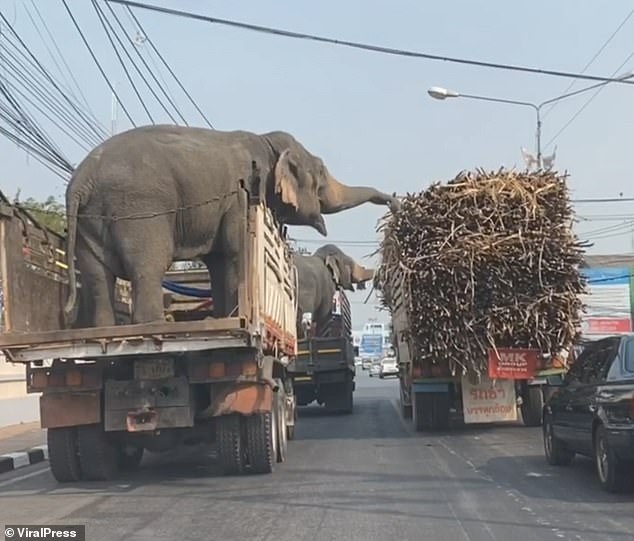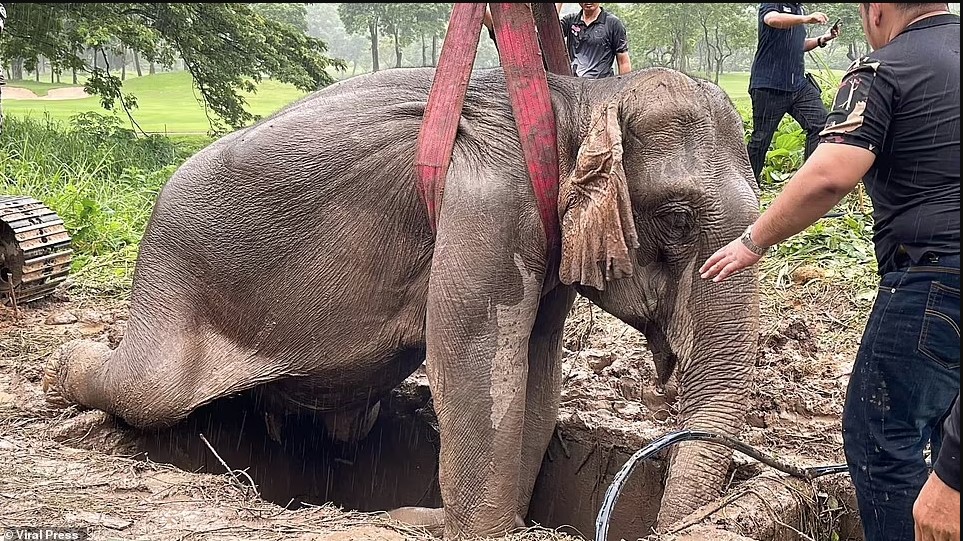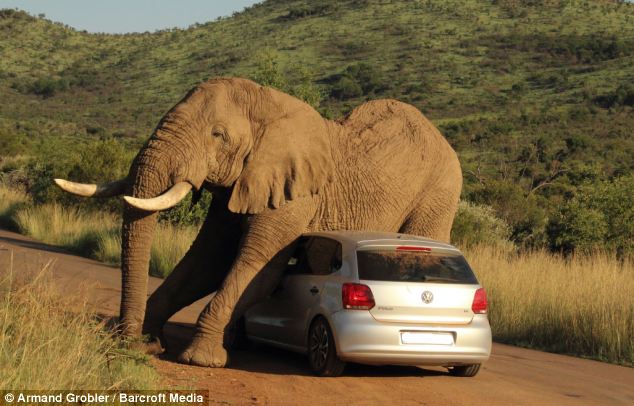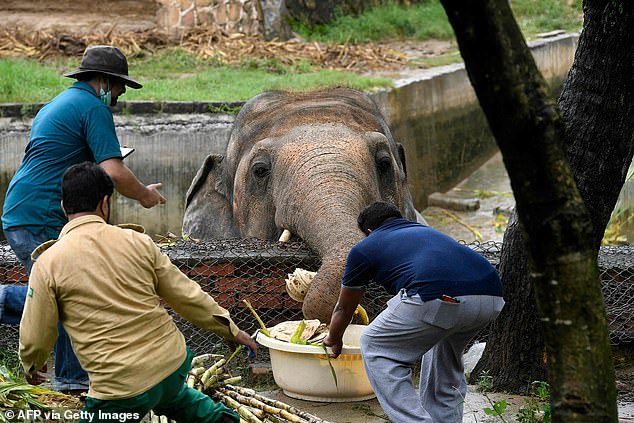Although we prefer to steer clear of the negative connotations of the “killer whale” label, these apex predators sure are skilled at taking down their prey. Simon Pidcock of Ocean EcoVentures Whale Watching was trailing a pod of orcas in Canada’s Cowichan Bay off the coast of Vancouver recently when the black-and-white hunters set their sights on a pair of harbour porpoises. Pidcock was lucky enough to capture some incredible footage of the hunt:

Orcas have a formidable array of hunting strategies at their disposal, but one of their more impressive tricks involves launching prey into the air – a tactic that one of these orcas employed when it briefly breached, forcing a porpoise to take to the air as it struggled to escape the pursuing predator.
“This one was very very aerial,” Pidcock told Chek News. “They really try to wear down the porpoise they’ll ram it down from underneath really launching it into the air.”

The orca pod split into two groups each pursing a porpoise – chasing their prey for some time before finally dispatching of it, Pidcock explained.
Like other whales, orcas belong to the order Cetacea, but these toothy behemoths are actually the world’s largest oceanic dolphins (and members of the Delphinidae family). Three distinct “varieties” of orcas can be found cruising the waters around British Columbia, but the porpoise-hunters in this video are known as “transient” or Bigg’s orcas. They differ from their close cousins in that they live in much smaller groups and specialise in hunting other marine mammals like seals and porpoises.

Porpoises are common prey for these mammal-munching orcas, however, capturing footage of a hunt like this is rare. “Transient or Bigg’s killer whales are relatively stealth whales – certainly when you’re the top predator it doesn’t make sense to advertise your presence,” biologist Anna Hall told Chek News.
Orcas rank among the ocean’s most efficient hunters. Weighing in at over 10 tons, armed with a mouth full of sharp, interlocking teeth, and capable of reaching speeds close to 35mph (56kph), these expert predators can kill with remarkable effectiveness.

Transient orca activity is on the rise off the Vancouver coast as many prey species are giving birth – attracting a bevy of opportunistic predators. According to Hall, the oceans become their playgrounds at this time of year – good news for whale watchers, bad news for porpoises.








